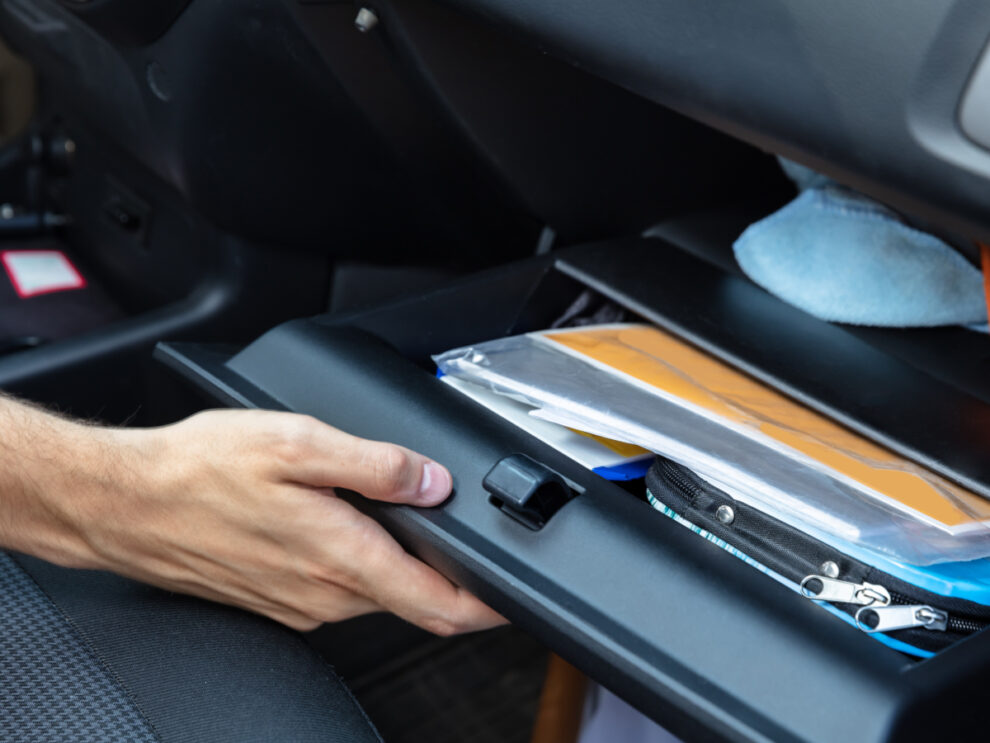Owning a car is not just about the freedom of movement and the joy of the open road. It also comes with responsibilities, one of which is maintaining essential documentation for your vehicle. These documents are not just bureaucratic red tape; they are crucial for ensuring the legality, safety, and smooth operation of your car. From everyday driving to unforeseen emergencies and legal situations, having the right paperwork can save you from unnecessary hassle and potential fines.
Vehicle Registration
One of the most critical documents every car owner should keep is the vehicle registration. This document serves as proof that your vehicle is legally registered with the appropriate government authority. It includes essential information such as the vehicle identification number (VIN), make and model, and the owner’s details. Always keep a copy of your vehicle registration in your glove compartment or another accessible place within your car. In case of a traffic stop or an accident, you will need to present this document to law enforcement officers.
Proof of Insurance
Insurance is not just a legal requirement in most places; it is a financial safety net. Proof of insurance, often called an insurance card, should always be kept in your car. This document provides details about your insurance policy, including the policy number, coverage limits, and the contact information of your insurance provider. In the event of an accident, having your insurance information readily available can expedite the claims process and help resolve disputes efficiently.
Driver’s License
While it may seem obvious, your driver’s license is a fundamental document that you must carry whenever you are behind the wheel. It serves as proof of your legal ability to operate a vehicle. In addition to keeping it on your person, it is wise to have a photocopy stored in your vehicle as a backup. This can be particularly useful if your wallet is lost or stolen.
Vehicle Title
The vehicle title, also known as the “pink slip,” is a crucial document that proves ownership of the car. It is especially important when selling or transferring ownership of the vehicle. While it is not necessary to keep the original title in your car, you should store it in a safe place, such as a home safe or a secure filing cabinet. However, keeping a photocopy in your vehicle can be useful for quick reference.
Maintenance Records
Keeping detailed maintenance records is essential for the longevity and resale value of your car. These records should include receipts and documentation of all services performed on the vehicle, such as oil changes, tire rotations, brake repairs, and major repairs or replacements. Having a well-documented maintenance history can provide peace of mind to potential buyers and help you keep track of upcoming service needs.
Emergency Contact Information
In addition to the standard documents, it is wise to keep a list of emergency contact information in your car. This can include the phone numbers of family members, roadside assistance services, and your preferred mechanic. In the event of an emergency, having these contacts readily available can expedite assistance and reduce stress.
Warranty Documents
If your vehicle is still under warranty, keep a copy of the warranty documents in your car. This includes the manufacturer’s warranty, extended warranties, and any service contracts. These documents detail the terms and conditions of your coverage, as well as the contact information for warranty providers. In case of a mechanical issue, having your warranty information on hand can save time and money on repairs.
Loan or Lease Agreements
If you financed your vehicle through a loan or lease, it is crucial to keep a copy of the loan or lease agreement. This document outlines the terms of your financing arrangement, including the payment schedule, interest rate, and any penalties for late or missed payments. While it is not necessary to keep this document in your car at all times, it should be stored in a secure location and be easily accessible when needed.
Owner’s Manual
The owner’s manual is an often-overlooked but vital document that provides essential information about your vehicle. It includes instructions on how to operate various features, maintenance schedules, and troubleshooting tips. Keeping the owner’s manual in your glove compartment ensures that you can quickly reference it when needed, such as when a warning light appears on the dashboard or when you need to reset a feature.
Inspection and Emission Test Records
In many regions, vehicles are required to undergo periodic safety inspections and emission tests to ensure they meet environmental and safety standards. Keeping the records of these inspections in your car can help you prove compliance if questioned by law enforcement or during registration renewals. These documents can also provide valuable information about the condition of your vehicle.
Important Legal Documents
If you travel frequently or live in an area with strict vehicle regulations, it is wise to keep copies of any relevant legal documents. This can include court orders, affidavits, or other legal paperwork related to your vehicle. While these documents may not be needed frequently, having them on hand can be invaluable in legal disputes or compliance checks.
Having the right documentation readily available in your car is more than just a legal requirement; it is a practical measure that can save you time, money, and stress. From vehicle registration and proof of insurance to maintenance records and emergency contact information, each document serves a specific purpose in ensuring the smooth operation and legal compliance of your vehicle. Make it a habit to regularly review and update these documents, and keep them organized in a secure but accessible location within your car. By doing so, you can drive with confidence, knowing that you are prepared for any situation that may arise on the road.
















Add Comment